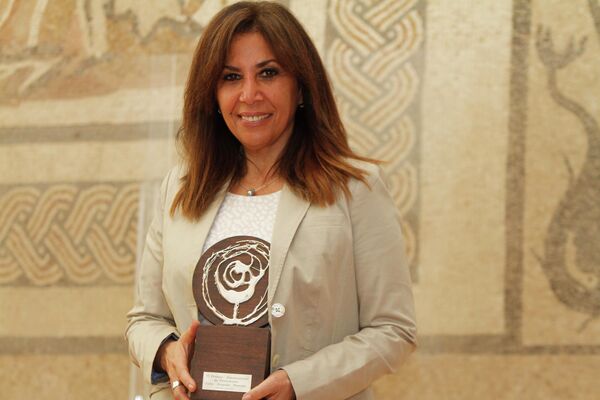Egypt's Supreme Constitutional Court (SCC), which was to have ruled on Sunday on the legality of the 100-member Islamist-dominated Constituent Assembly that has been drafting Egypt's new post-revolution constitution, indefinitely postponed its session after judges were barred entry to the courthouse.
The court was to have decided on the dissolution of the Shura, or Consultative Council (the upper house of parliament), but thousands of President Mohamed Morsi's supporters camped out overnight outside the court in what the judges claimed was a bid to delay the session.
A member of the Gamaa Islamiya group outside the courthouse told Al Jazeera English that the rally was meant to prevent the judges from "trying President Morsi for high treason."
A day earlier, President Morsi had announced that the draft charter would be put to a popular referendum on 15 December, provoking an outcry from Egypt's secularists, leftists, and political forces.
Opposition protesters have been rallying in Tahrir Square since the issuance last week of a controversial constitutional declaration by the President giving him absolute powers. Opposition activists fiercely denounced the edict as "a power grab," likening the "dictatorial move" to tactics used by toppled strongman Hosni Mubarak.
In a massive show of support for President Morsi meanwhile, tens of thousands of Islamist supporters rallying on Saturday outside Cairo University hailed the presidential decree as a step forward in the democratic transition. The protesters chanted "Allahu Akbar!” (God is great!) sang patriotic songs and set off fireworks.
In a pre-recorded interview broadcast on Egyptian State TV on Thursday evening, President Morsi defended the constitutional declaration saying it was "temporary, and necessary to get Egypt out of the bottle-neck and onto the path of democratic transition."
The president said that he would cede these powers, but only after a majority yes-vote for the draft charter in the planned referendum. If the majority voted 'no' in the referendum, the president would retain his powers and appoint a new assembly to draft a new constitution, according to Ikhwanweb, the Muslim Brotherhood’s official website.
The Judges’ Club – a group of influential judges which vehemently opposes the Presidential decree – has issued a statement saying judges will not oversee the referendum on the new constitution. They said that the draft charter was "an attempt to circumvent the rule of law."
President Morsi had given the Constituent Assembly two-months to complete the draft, but later changed his mind after the liberals and Christians who had quit the panel refused to return. Instead, they vowed to draft an alternative constitution, claiming that the panel was dominated by hard-line Islamists and arguing that women and Christians were under-represented in the assembly. On Thursday, President Morsi ordered the remaining panel-members to complete the draft by Saturday and offer it for popular vote in two weeks’ time.
"A group of judges are hindering the democratic process," he said in his TV interview, clearly referring to the Mubarak-appointed judges governing the courts. "For every step forward the country takes, the judges pull us back ten steps," he lamented.
Morsi's controversial decree was clearly meant to shield both the Constituent Assembly and the upper house of parliament against an expected ruling by the SCC on Sunday to dissolve them.
His words offered little consolation to the hundreds of opposition protesters who have continued their sit-in Tahrir Square. They vowed not to leave until the president rescinds his edict, and have rejected what they described as a "Mickey-mouse draft charter" that "would stifle civil liberties and entrench Islamist rule in the country."
With three Egyptians killed and hundreds wounded in last week's clashes between anti-Morsi protesters and riot police, fears are growing that the "constitutional crisis" may escalate into a second revolt, this time - to unseat Egypt's first, post-revolution, democratically elected president.
Shahira Amin is an Egyptian journalist, the former deputy head of Egyptian state-owned Nile TV and one of its senior anchors.



